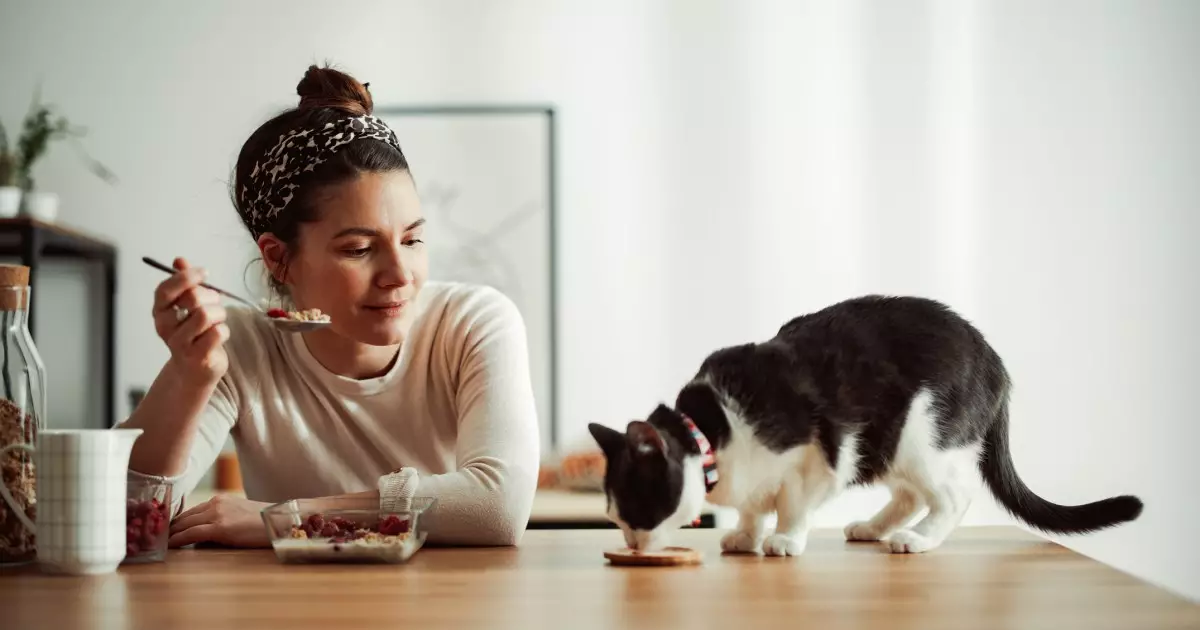Being a cat owner is a heartwarming experience marked by moments of joy, laughter, and deep companionship. Yet, the journey of cat parenting is rarely flawless. Mistakes happen, often unintentional, and it is essential for pet owners to recognize and learn from them. Misinformation and lack of understanding frequently lead to these oversights. This article explores common errors that cat parents make and offers insights into how to amend these missteps to ensure your feline friend’s happiness and health.
One of the most critical aspects of responsible cat ownership is ensuring your cat receives regular veterinary care. While it might be tempting to skip a vet visit if your cat appears healthy, this can lead to serious long-term consequences. Regular check-ups are crucial for early detection of potential health issues and for administering vaccinations that protect your cat from various diseases. Your cat may not show signs of illness until it’s too late, making routine veterinary appointments an indispensable part of your responsibilities.
Regular veterinary visits not only allow for basic health assessments but also provide opportunities to discuss diet, behavior, and preventive care options. Ignoring these check-ups not only jeopardizes your cat’s health but could also lead to larger, costlier health problems down the road.
Cats are naturally particular about their personal hygiene, and a dirty litter box can seriously impact your pet’s happiness and well-being. Many cat owners underestimate the importance of keeping the litter box clean. When litter boxes are neglected—either by infrequent scooping or by using heavily scented litters—cats may refuse to use them, leading to accidents outside the box.
Best practices include scooping the litter daily and performing a comprehensive clean every couple of weeks. For homes with multiple cats, it’s wise to provide an adequate number of litter boxes to accommodate everyone. Opting for unscented litter can also prevent aversion, ensuring your cat maintains a happy and healthy toileting routine.
Cats, as intelligent and curious creatures, require an environment rich in stimulation to thrive. A common mistake made by cat owners is providing insufficient opportunities for play and exploration. When left unstimulated, cats may develop destructive behaviors, increased anxiety, or even depression.
Creating a dynamic environment involves incorporating a variety of toys, scratching posts, and climbing structures. Regular interactive playtime should be part of a cat’s daily routine, and rotating toys can keep the environment fresh and engaging. Cats also enjoy vertical spaces where they can climb and observe their surroundings, fulfilling their natural instincts and contributing to their mental health.
Another area where cat owners often go awry is feeding practices. Free feeding, or leaving food out all day, might seem convenient, yet it can lead to health problems like obesity and make it challenging to monitor your cat’s appetite. Establishing a routine that includes scheduled feeding times with measured portions can aid in maintaining a healthy weight and allows owners to observe any changes in eating behavior that could indicate underlying health issues.
This structure not only addresses concerns about obesity but also supports your cat’s natural instinctual behavior. Cats, in the wild, hunt and eat at specific times, and emulating this in domestic settings can enhance their sense of security and routine.
Often overlooked, dental health plays a crucial role in the overall wellness of your cat. Many pet owners may not realize that neglecting dental care can lead to serious conditions, including periodontal disease and tooth decay. Establishing a good dental hygiene routine is essential.
Brushing your cat’s teeth with cat-safe toothpaste should become a regular practice, along with providing dental treats or specialized toys designed to promote oral health. Additionally, engaging with your veterinarian regarding dental check-ups can ensure early intervention if any issues arise.
A common misconception among cat owners is that indoor cats are immune to flea and tick infestations. While indoor cats do face lower risks, they are not immune. These parasites can easily enter your home through clothing or other pets, which means regular prevention is crucial.
Being proactive about flea and tick prevention not only ensures your cat’s comfort but also protects their overall health. Incorporating preventive treatments as recommended by a veterinarian will help safeguard your feline friend from discomfort and disease.
Being a responsible cat parent requires ongoing education and a willingness to adapt. By identifying common mistakes and understanding your cat’s unique needs, you are paving the way for a joyful, healthy life for both you and your beloved furball.
